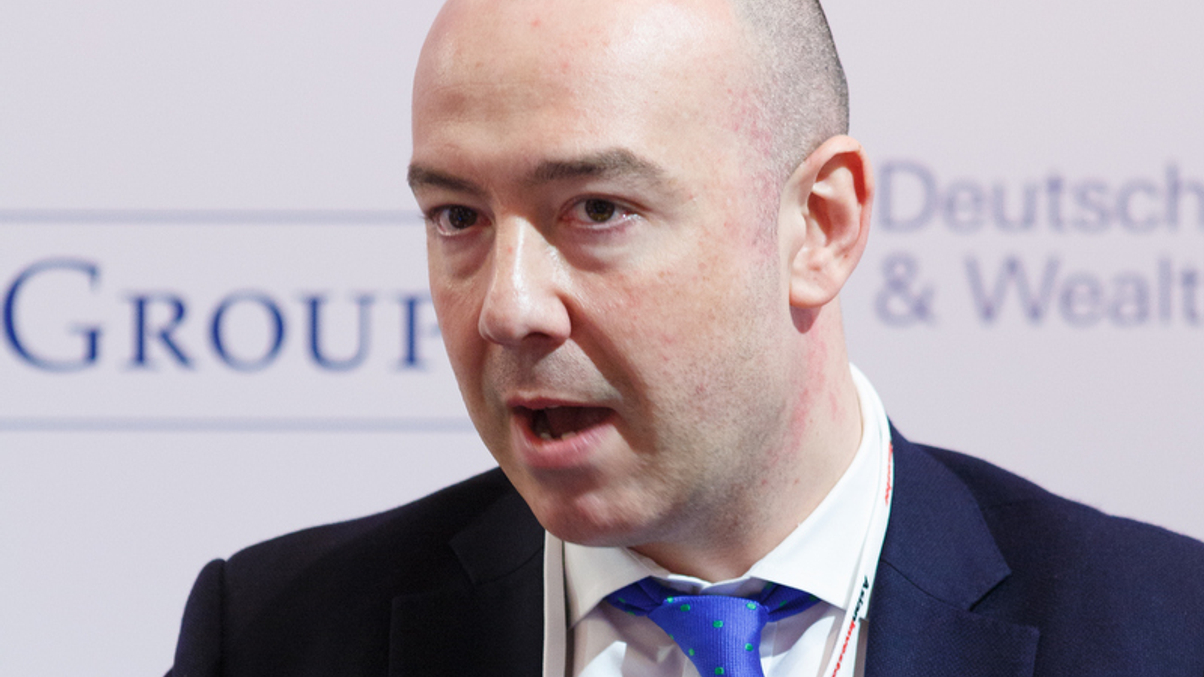Be wary of managing private debt: HSBC Insurance
HSBC Insurance’s CIO said the asset class is too specialist for many firms to invest in themselves, during a panel at AsianInvestor’s Insurance Investment Summit.

Private debt is a growing area of investment for insurers, but they should perhaps avoid managing such a complex asset class in-house, argues James Hughes, group chief investment officer at HSBC Insurance.
Sign in to read on!
Registered users get 2 free articles in 30 days.
Subscribers have full unlimited access to AsianInvestor
Not signed up? New users get 2 free articles per month, plus a 7-day unlimited free trial.
¬ Haymarket Media Limited. All rights reserved.


